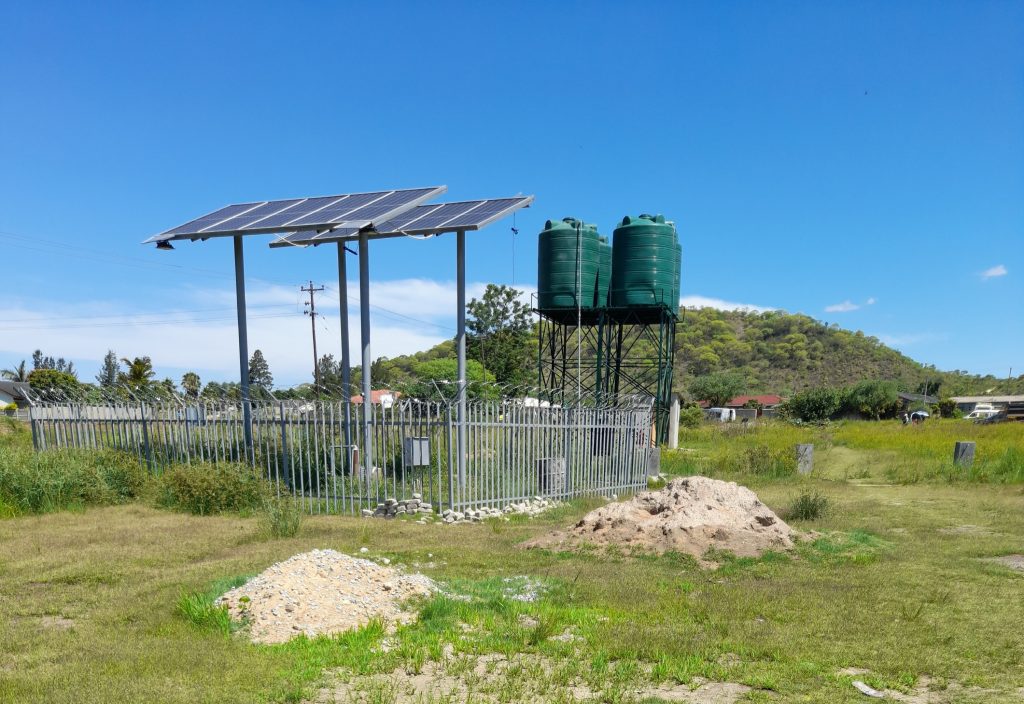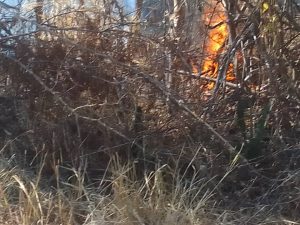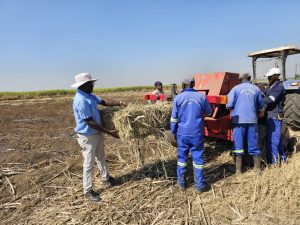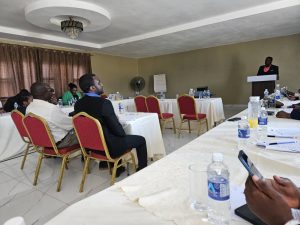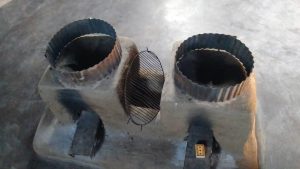Thabiso Nxumalo
Failure by urban local authorities to provide sufficient reticulated water in their commonages has resulted in the proliferation of boreholes, a development which has bad consequences for the environment, it has been learnt.
Boreholes have an impact on the depth of the water table, a situation which may compromise vegetation which also requires underground water for survival.
Fauna and Flora (FaFlo) Zimbabwe director, Fidelicy Nyamukondiwa said excessive extraction of water through borehole-drilling negatively impacted local bio-diversity and underground water.
“Excessive extraction of underground water through borehole drilling causes numerous adverse effects on ground hydrology and ecology. It causes depletion of the water table and this in turn negatively impacts the local biodiversity and ecology.
“Excessive water mining also exposes the upper aquifer which allows suction of un-managed surface waste water into the deep ground aquifer thereby causing ground water pollution,” said Nyamukondiwa.
Mucheke F resident, Denzel Mutasa said borehole drilling could have negative effects on the environment but that would always be outweighed by the need for optimum water supply in a poor city.
“Yes, there may be dangers associated with excessive borehole drilling but I highly appreciate the boreholes because we cannot live without water. We live in the hope that someday, government will be in a position to supply enough reticulated water to all homes,” said Mutasa.
When contacted for comment, Mutirikwi Sub-Catchment Council water resource officer, Takudzwa Chimbuya acknowledged that borehole drilling was not the best solution against water shortages in an urban setting as treated council water was the most ideal.
He however added that he was confident in the statutory procedures that are followed for one to be allowed to drill a borehole in an urban setting.
“First of all, I would like to advise residents that it is against the law for one to drill a borehole without being granted a permit. These regulations help us to map all our boreholes so as to make it easier to monitor water usage.
“We grant permits after we have assessed the distance between boreholes and when we know that the water levels for that particular area are good. The idea is to make sure that we won’t reach a situation wherby our water table drops to a point which affects vegetation,” said Chimbuya.
He said borehole water in the sub-catchment area was generally safe to drink, adding that there were identified sites where the granting of drilling permits was impossible due to contamination of underground water.
“We put the well-being of citizens first. As part of surveys, we check such factors as population density before granting permits,” said Chimbuya.
This report was made possible through support from WAN-IFRA Media Freedom’s Strengthening African Media Programme: Climate Change and Environmental Reporting. Views expressed here do not belong to WAN-IFRA.

